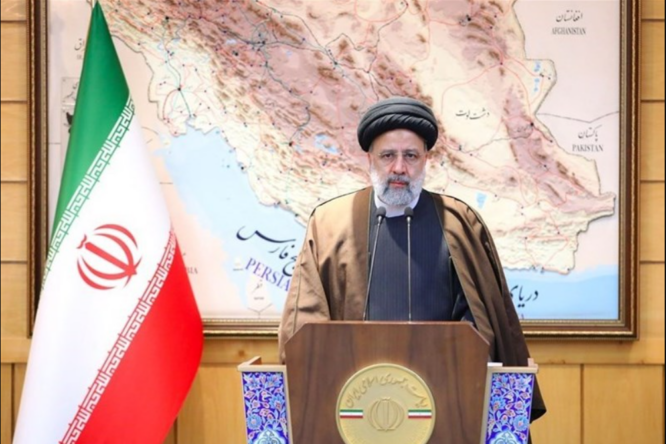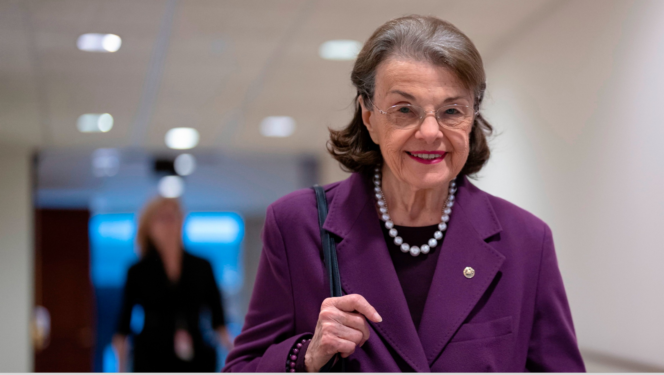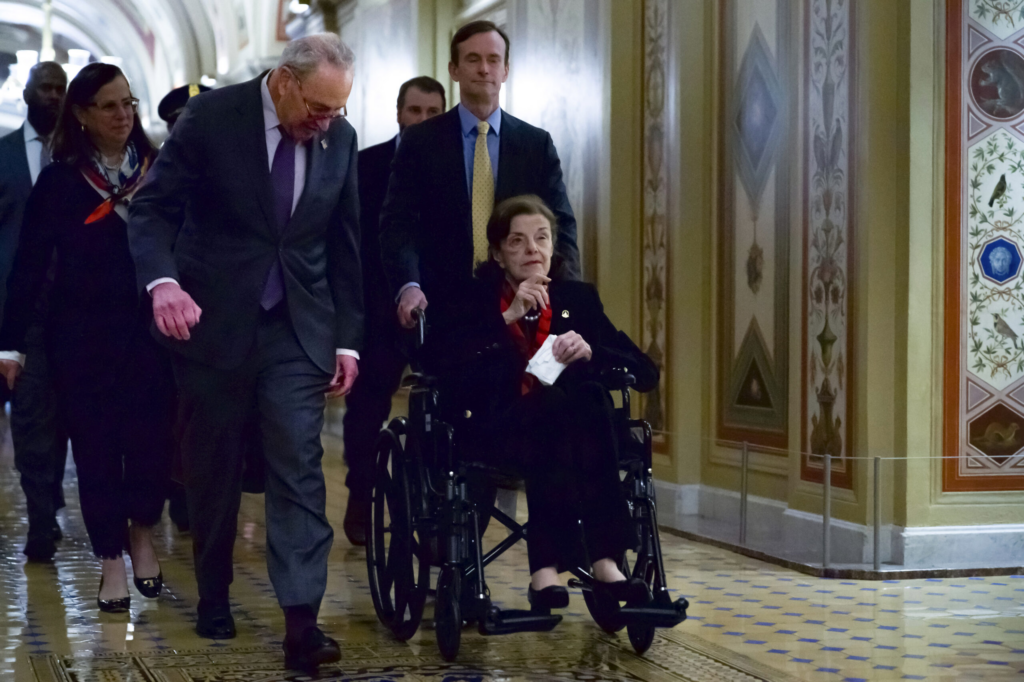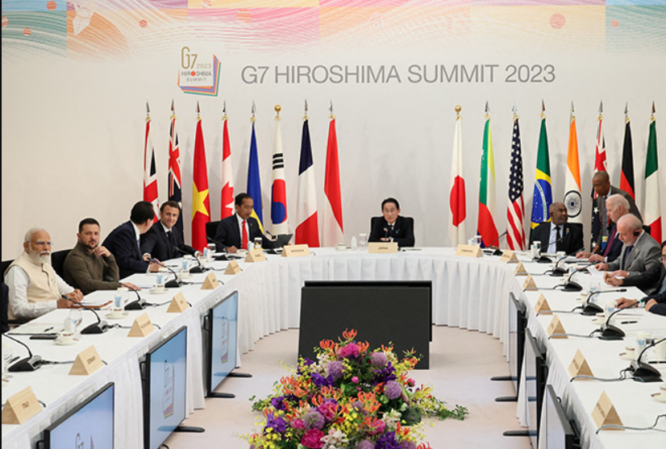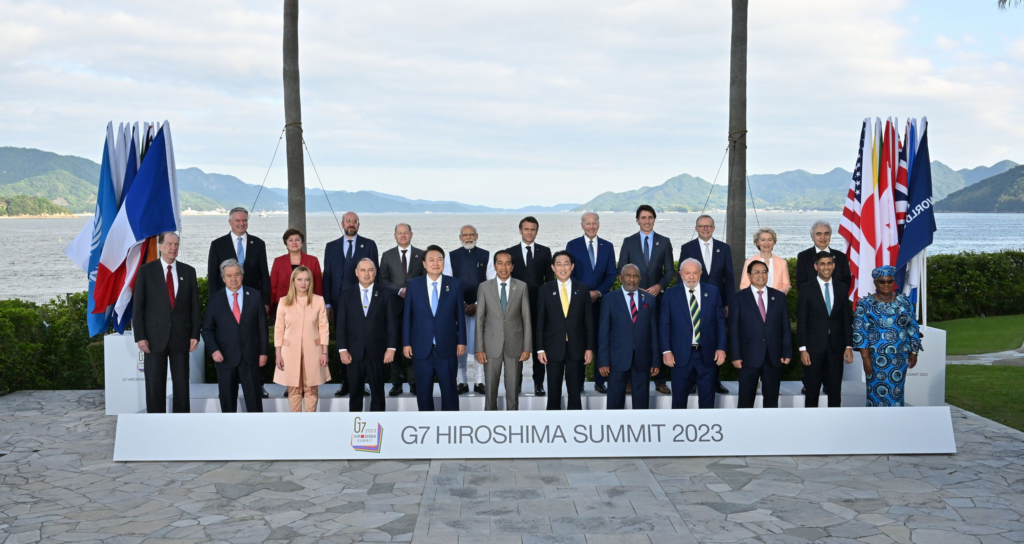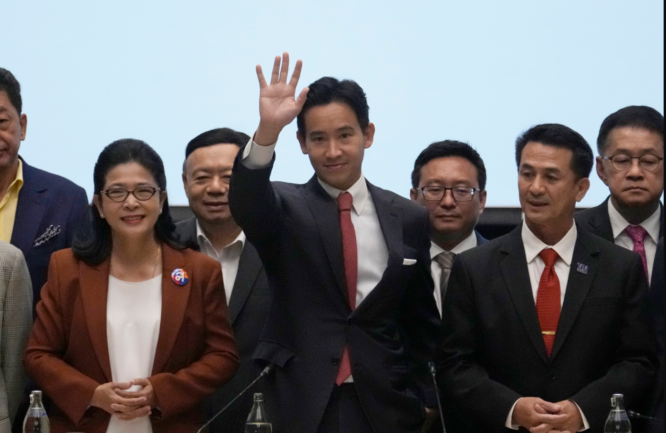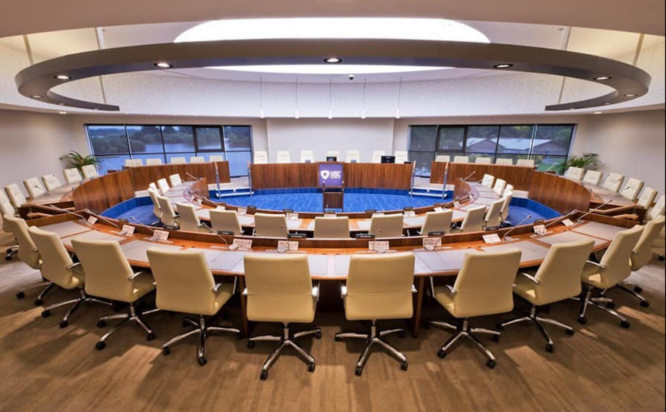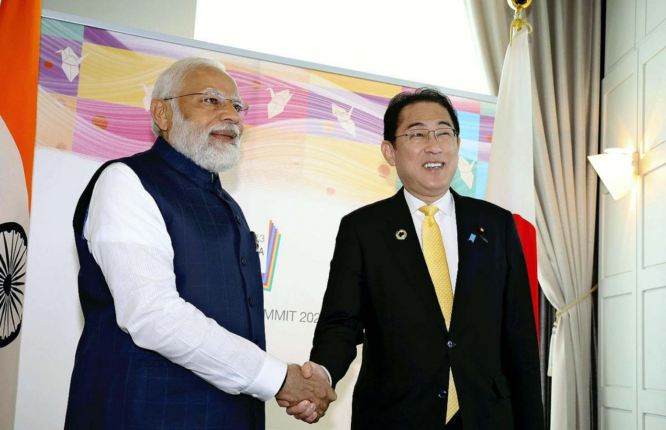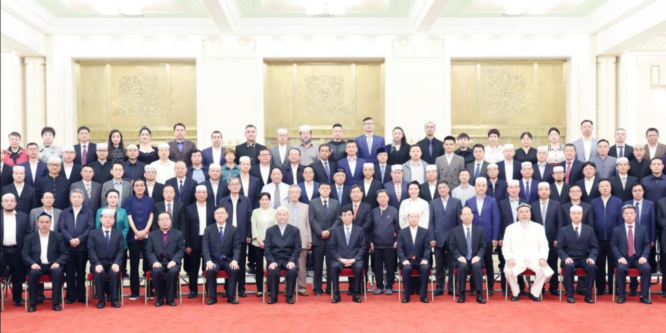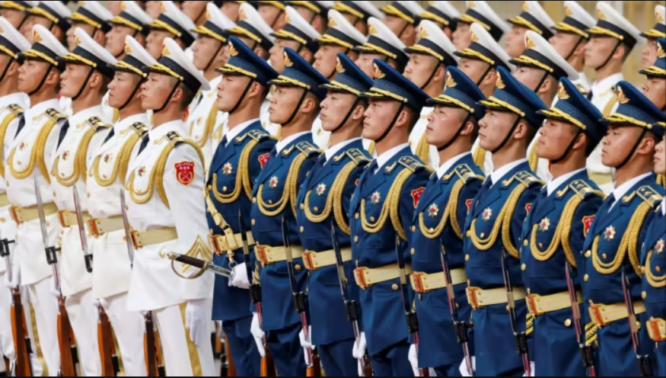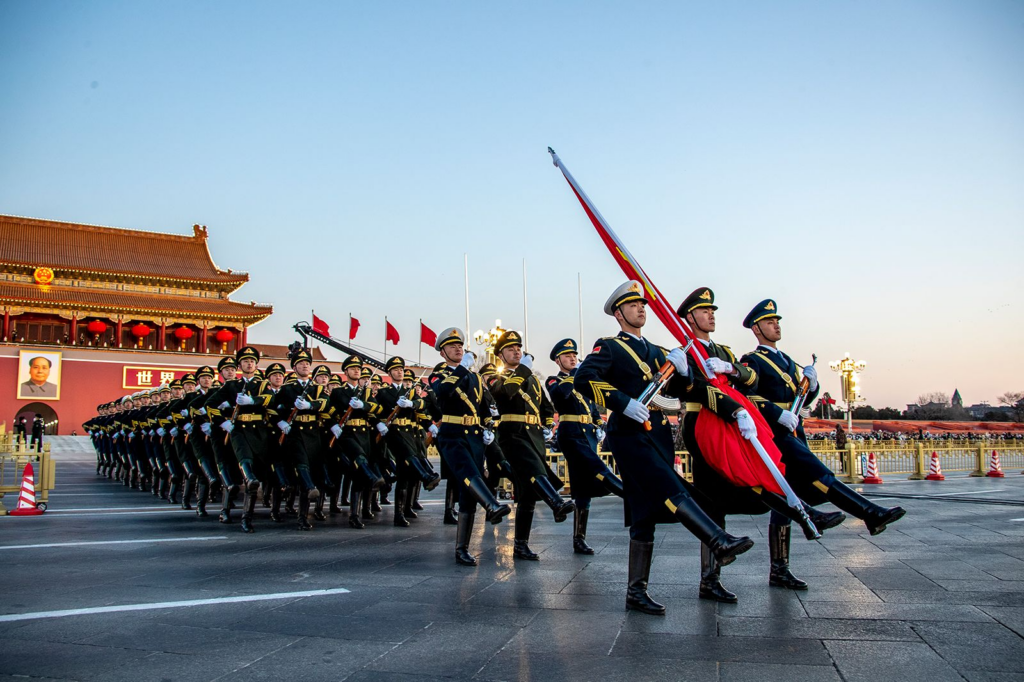President Ebrahim Raisi of Iran has said that his country’s foreign policy is well-rounded since it is based on convergence, economic multilateralism, and ties to the major economic hubs in Asia.
After returning to Iran on Wednesday night, Raisi said, “The trip to Indonesia, considering that this country has a privileged position in the Southeast Asian region and its regional arrangements, was an important one and had many dimensions.”
During his tour, Raisi stated, “Iran and Indonesia signed 11 cooperation documents in the fields of economy, trade, energy, culture, and science and technology.” “We seek to develop relations with economic poles in Asia, including China, Russia, India, and Indonesia.”
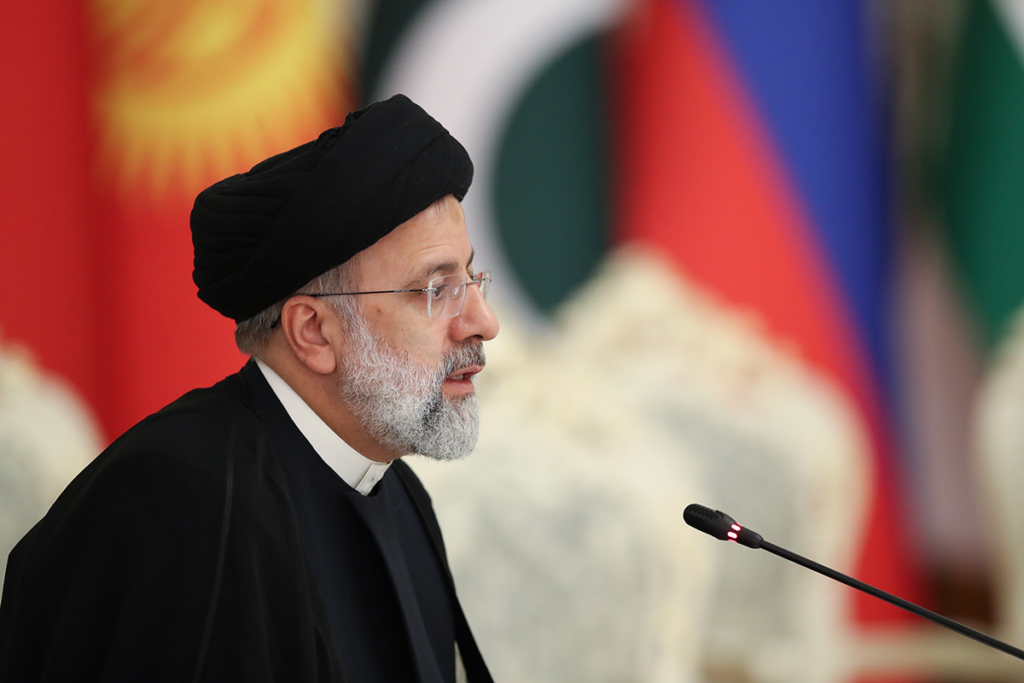
The President also made a point of bringing up the nations’ mutually beneficial tariff trade agreement
The trip marked the culmination of 17 years of discussions between the two governments on this topic, which began before this one.
The president also announced a new agreement for immediate upstream and downstream energy cooperation between the two countries.
“During this trip, we witnessed the deep affection of the dear Indonesian people for the Islamic Republic of Iran and the Supreme Leader of the Islamic Revolution, including in the Islamic Centre of Jakarta,” Raisi said of the cultural agreements.
“The two countries have common views on regional and extra-regional issues, including Palestine, Afghanistan, and Myanmar,” he said of the bilateral talks on foreign policy.
After attending a meeting between economic actors from Iran and Indonesia, the president said, “The issues raised in this meeting will be the attention of the authorities of the two countries and we are trying to remove the existing obstacles in the way of expanding economic and commercial cooperation as soon as possible.”
Raisi praised the people and government of Indonesia for the warm welcome, and he voiced his hope that future visits and delegation exchanges between the two countries would help strengthen connections across a range of issues, protecting both countries’ and the region’s best interests.

